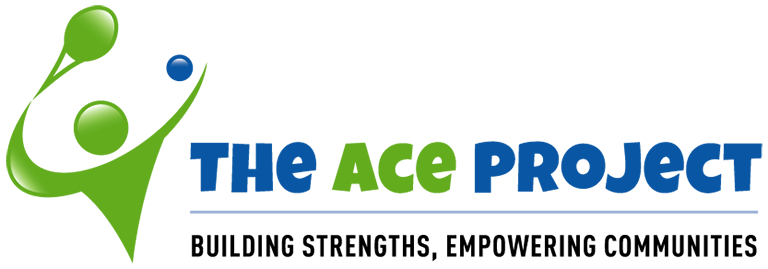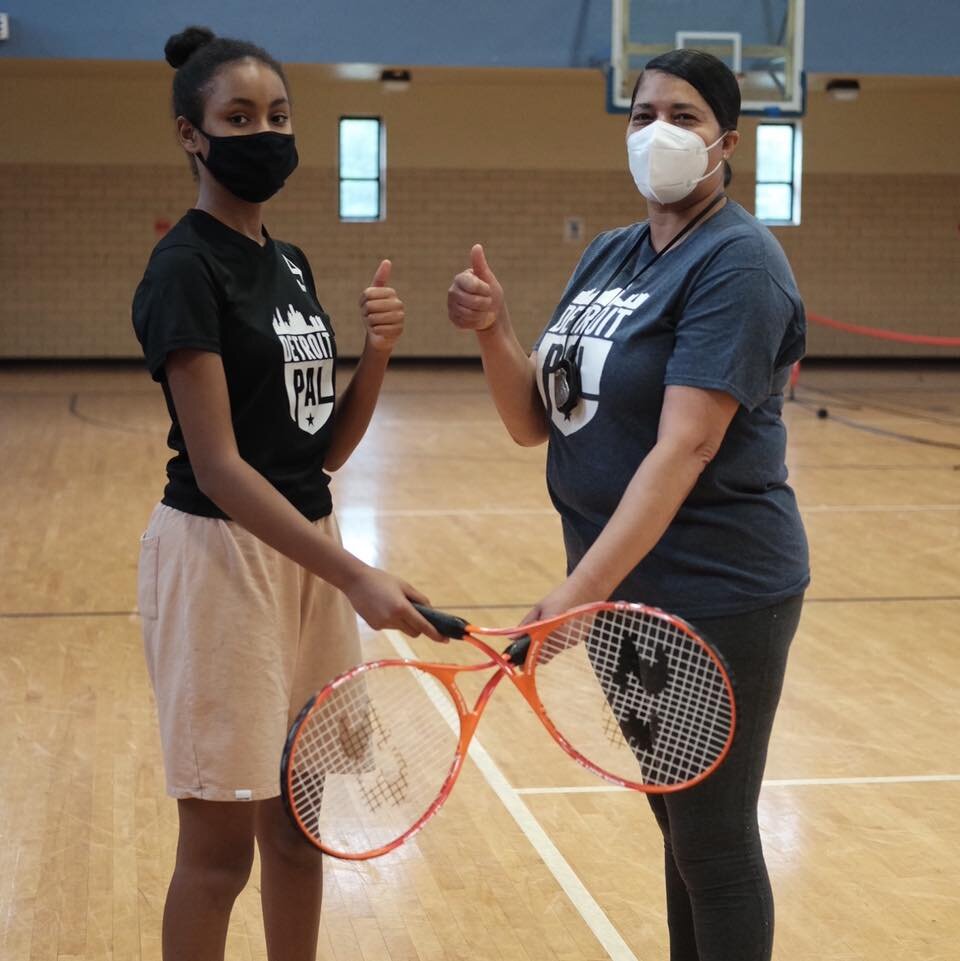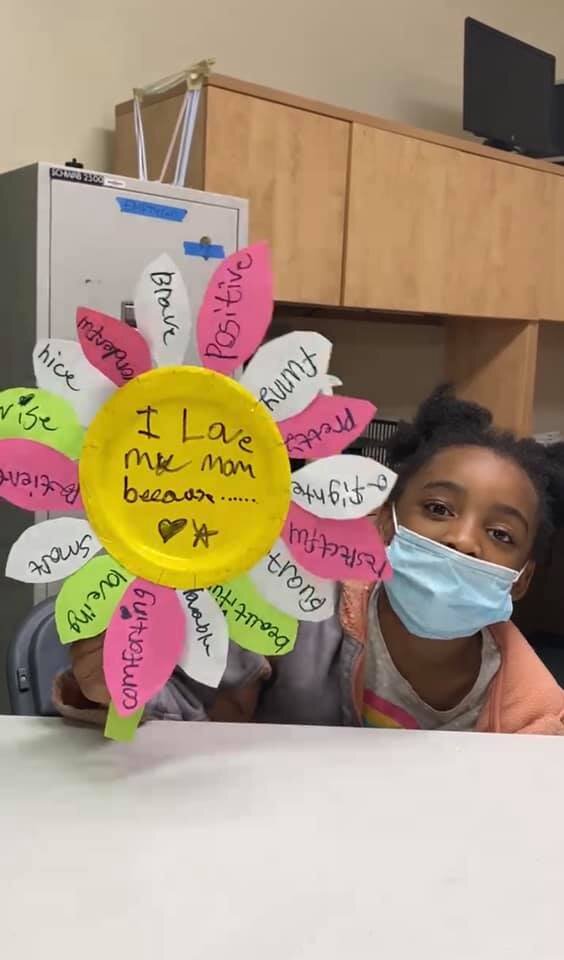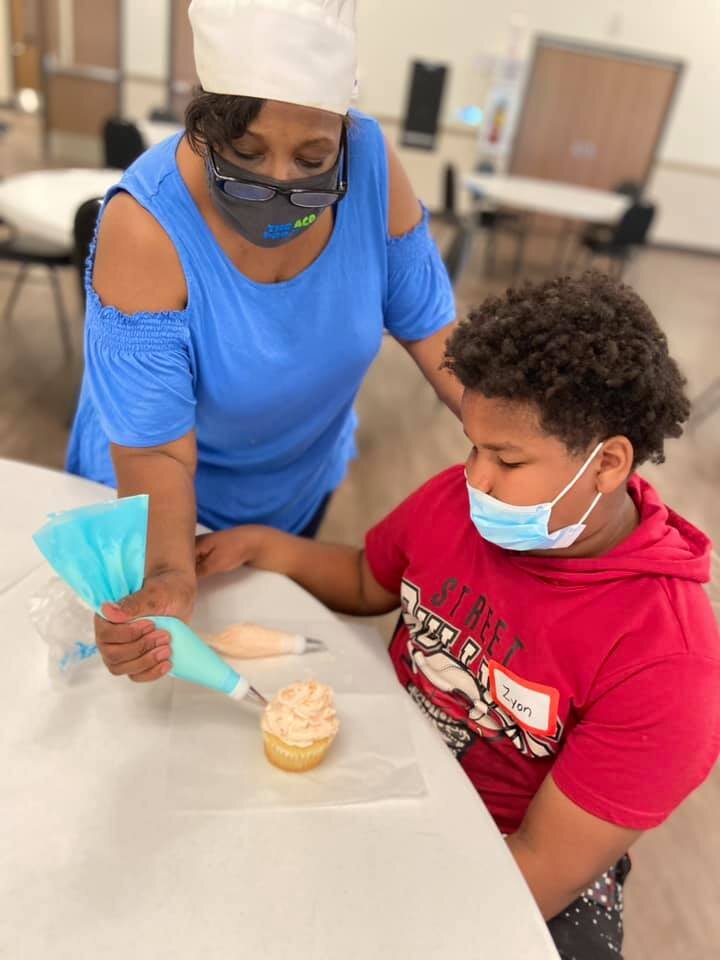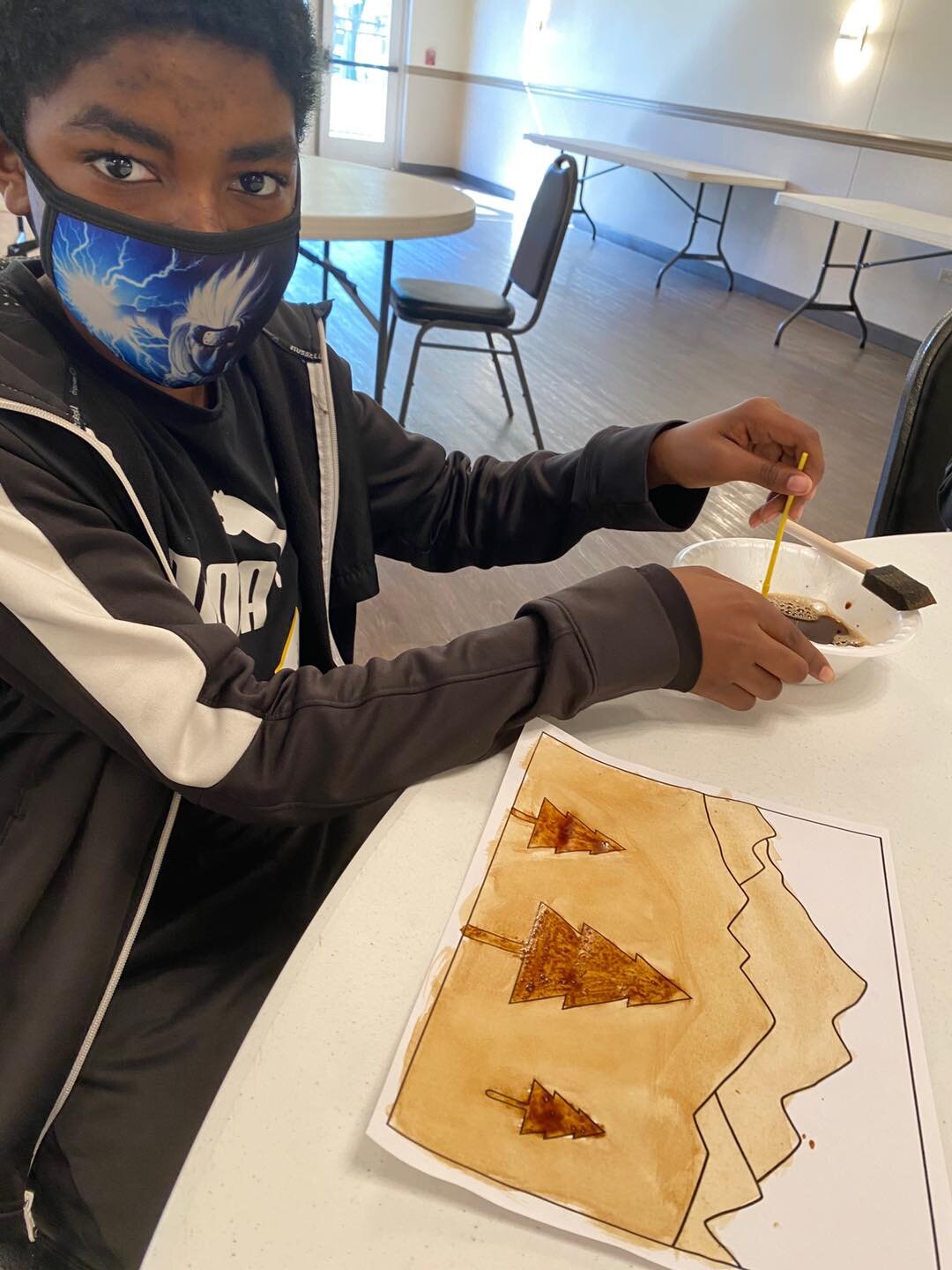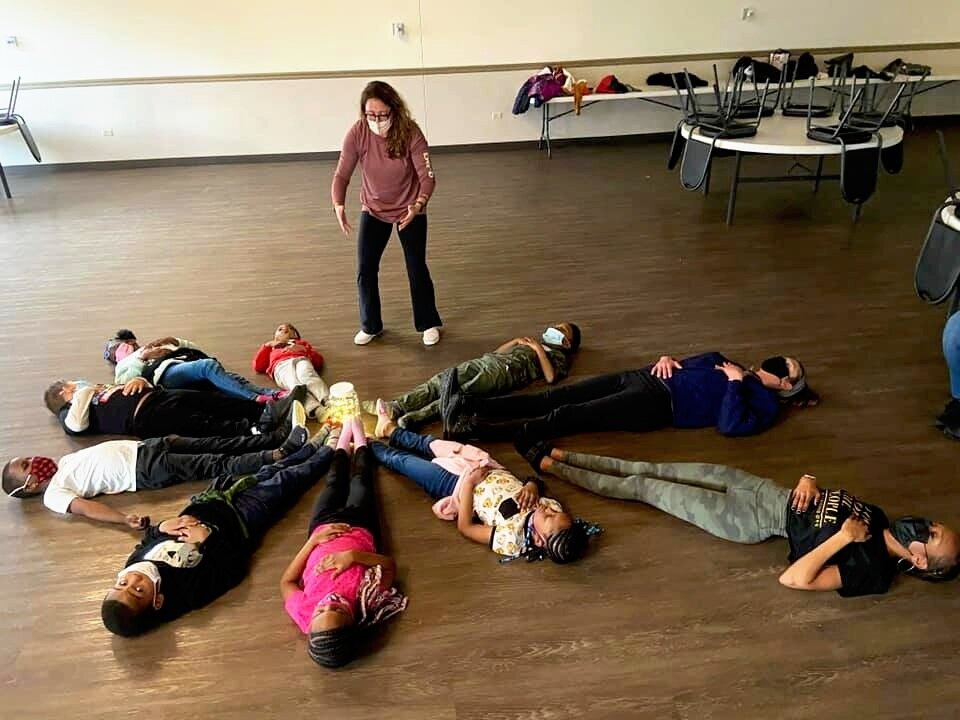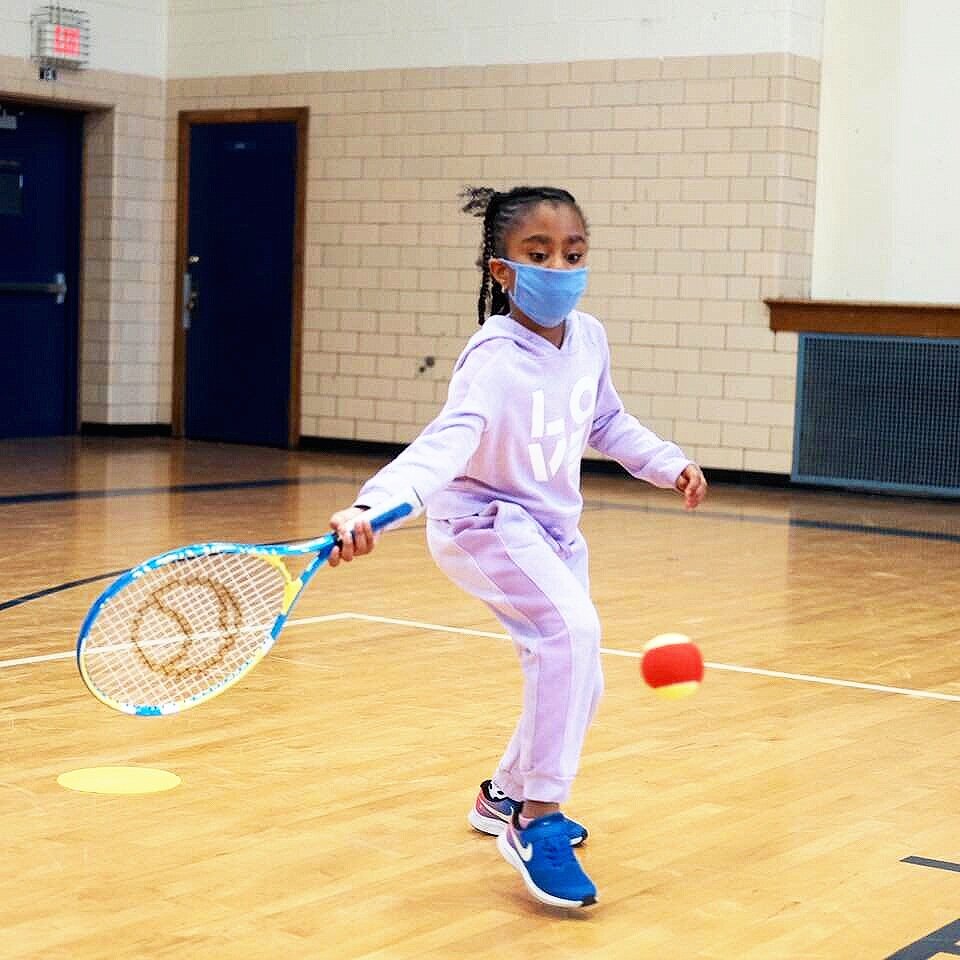Back to ACE-sics
Adverse Childhood Experiences, as recognized by the CDC, "can have lasting, negative effects on health, well-being, as well as life opportunities such as education and job potential." While preventable, a lack of individual, family, and/or community protective factors can increase the likelihood that these experiences contribute to long-term disparities. This pattern is perpetuated by resource inequities and social injustices that normalize traumatic experiences and increase toxic stress.
ACE’s acronym reflects our aspiration to increase protective factors for children in underserved communities: we help youth reframe Adverse Childhood Experiences by becoming Active Children (who) Excel! Prior to COVID, students in our programs attended school more often, learned more when they were there and were psycho-socially better adjusted. With increased supports and improved school performance, our ACE-ers were more likely to graduate from high school and secure either school or work thereafter.
Then, schools went remote last spring, and students who attend our partner schools were in trouble. Without additional supports or protective factors, kids who were making tremendous progress were at risk of falling further behind; COVID and social distancing made them vulnerable to more Adverse Childhood Experiences.
With help from our program leaders, board members, and generous supporters, ACE evolved services during the 2020-21 school year to ensure youth remained connected to protective factors. For example, in Southland Chicago, we adapted our after-school program to include more playtime, peer-to-peer socialization, and literacy support; for ACE’s in-class program, our parent mentors collaborated with teachers to support students through the remote school year. In Baltimore, youth received tennis kits and online practice tips to continue building their skills while at home. And in Detroit, we helped youth regain their confidence on the court with our friends at Detroit PAL by leading them through tennis drills and life skills.
In the upcoming school year, ACE will go back to basics by offering after-school support, in-class mentorship, and workforce development:
After-school support: ACE will reintroduce youth programs after-school at our partner schools. For 2 to 4 days each week, our ACE-ers will engage in physical activity (i.e., tennis instruction, play therapy), academic support (i.e., reading/math enrichment, homework assistance), and social-emotional learning (i.e., restorative justice circles, art therapy), so they can excel.
On the Move: In Baltimore, ACE is piloting a new after-school program for middle-school students in collaboration with Coppin State University!
In-class mentorship: Local parents will assist teachers by providing extra eyes, ears, and hands in the classroom for 200 hours per school year. Through this program, students receive more one-on-one attention, leading them to attend school regularly, complete homework, receive higher grades, and exhibit more positive behaviors and attitudes.
On the Move: In Chicago, ACE is expanding in-class mentorship opportunities to an additional school in partnership with the Parent Engagement Institute!
Workforce development: Alongside the benefits for youth, parent mentors will learn how the education system works while strengthening the skills needed to support their children in school. Each week, they receive extra training around academic instruction, professional development, community engagement and leadership skills.
The upcoming school year will be crucial in reconnecting students to structured learning, play time, and healthy relationships with peers and supportive adults. Through the ACE model, we promote healing by equipping youth with the resources they need to overcome their adverse experiences so they can excel in the classroom, at home, and within their communities. We are so grateful for your support so we can ACE any adverse childhood experience!
